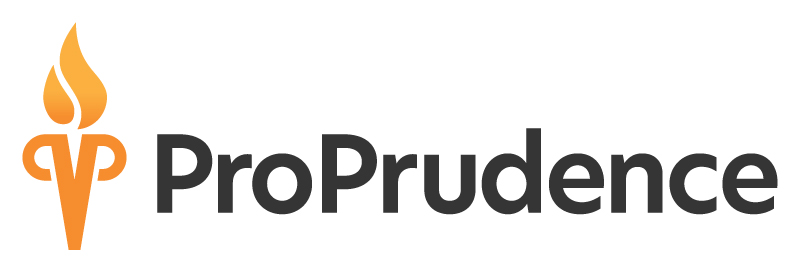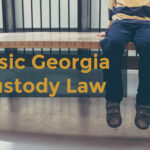ProPrudence is a completely new and unique approach to immigration consulting, which influences do you credit for inspiring you to take action?
While many people have helped shape ProPrudence, there are three philosophers who helped guide ProPrudence’s founders. Gustavo Gutiérrez’s Liberation Theology, John Locke’s “Second Treatise of Government,” and Justice Stephen Breyer’s “Active Liberty” represent three distinct and influential philosophical perspectives, each addressing different aspects of social and political thought. Here’s a comparison and contrast of these perspectives:
What is Gustavo Gutierrez advocating for in his Liberation Theology?
Gustavo Gutiérrez’s Liberation Theology:
- Liberation Theology is a theological and social movement that emerged in Latin America in the mid-20th century, primarily in response to social injustice and poverty. It combines Christian theology with principles of social justice.
- Focuses on the liberation of oppressed and marginalized groups, particularly the underprivileged, and seeks to address the root causes of their suffering, including economic, political, and social structures.
- Gutiérrez’s philosophy is deeply concerned with addressing social injustice, especially the plight of the underprivileged and marginalized. It advocates for a preferential option for the poor, meaning that society should prioritize the needs of the disadvantaged.
- Emphasizes the idea of “praxis,” which means putting faith into action through social and political engagement to promote justice and equity.
- Draws on elements of Marxist analysis while incorporating religious faith as a motivating force for social change.

What was John Locke advocating for in his “Second Treatise of Government”?
- John Locke’s “Second Treatise of Government”:
- Locke’s work is a foundational text in modern political philosophy, emphasizing individual rights and the social contract theory.
- Argues that individuals have natural rights to life, liberty, and property and that the role of government is to protect these rights. Locke’s ideas influenced the development of liberal democracy.
- Emphasizes the consent of the governed, where individuals agree to form a government that is limited in its powers and accountable to the people.
- Locke’s theory serves as a cornerstone of the Enlightenment tradition, promoting reason, individualism, and the protection of individual freedoms.
- In an unpublished paper of 1693 John Locke weighed in on a long debate in the English Parliament by declaring that there should be a “general naturalization” of all immigrants currently residing in England. This was highly controversial at the time.

What was Justice Stephen Breyer advocating for in “Active Liberty”?
Justice Stephen Breyer’s “Active Liberty”:
- Justice Breyer’s philosophy, as outlined in “Active Liberty,” centers on the idea that a democratic society should actively engage in problem-solving through democratic processes.
- Advocates for a dynamic interpretation of the Constitution that considers the evolving needs of society, with a focus on the intent of the framers rather than strict originalism.
- Emphasizes the importance of civic engagement, deliberation, and participation in the democratic process as a way to preserve and promote liberty.
- Seeks to strike a balance between individual rights and the collective good, arguing that democratic institutions can best protect liberty by involving citizens in decision-making.

Comparison and Contrast:
Focus on Oppression: Gutiérrez’s Liberation Theology and Breyer’s “Active Liberty” share a focus on addressing oppression and promoting social justice. Gutiérrez concentrates on the liberation of the poor from systemic injustice, while Breyer emphasizes civic engagement and democratic problem-solving.
Role of Religion: Gutiérrez’s Liberation Theology is rooted in Christian theology, making faith a central element in the quest for justice. In contrast, Locke’s “Second Treatise of Government” and Breyer’s “Active Liberty” do not rely on religious doctrine; they are more secular in their foundations.
Individual vs. Collective: Locke’s philosophy strongly emphasizes individual rights and property, while Gutiérrez and Breyer both incorporate a more collective and communal dimension in their theories, albeit with different emphases.
Political Framework: Locke’s philosophy is more focused on the structure and limitations of government, while Gutiérrez and Breyer concentrate on broader social and ethical considerations, including the role of faith and active citizenship
In summary, Gutiérrez’s Liberation Theology, Locke’s “Second Treatise of Government,” and Breyer’s “Active Liberty” represent distinct philosophical traditions that address issues of justice, liberty, and governance from different perspectives. Gutiérrez emphasizes religiously motivated social justice, Locke focuses on individual rights and government limitations, and Breyer underscores democratic participation and problem-solving. Each perspective has had a significant impact on political and social thought.





